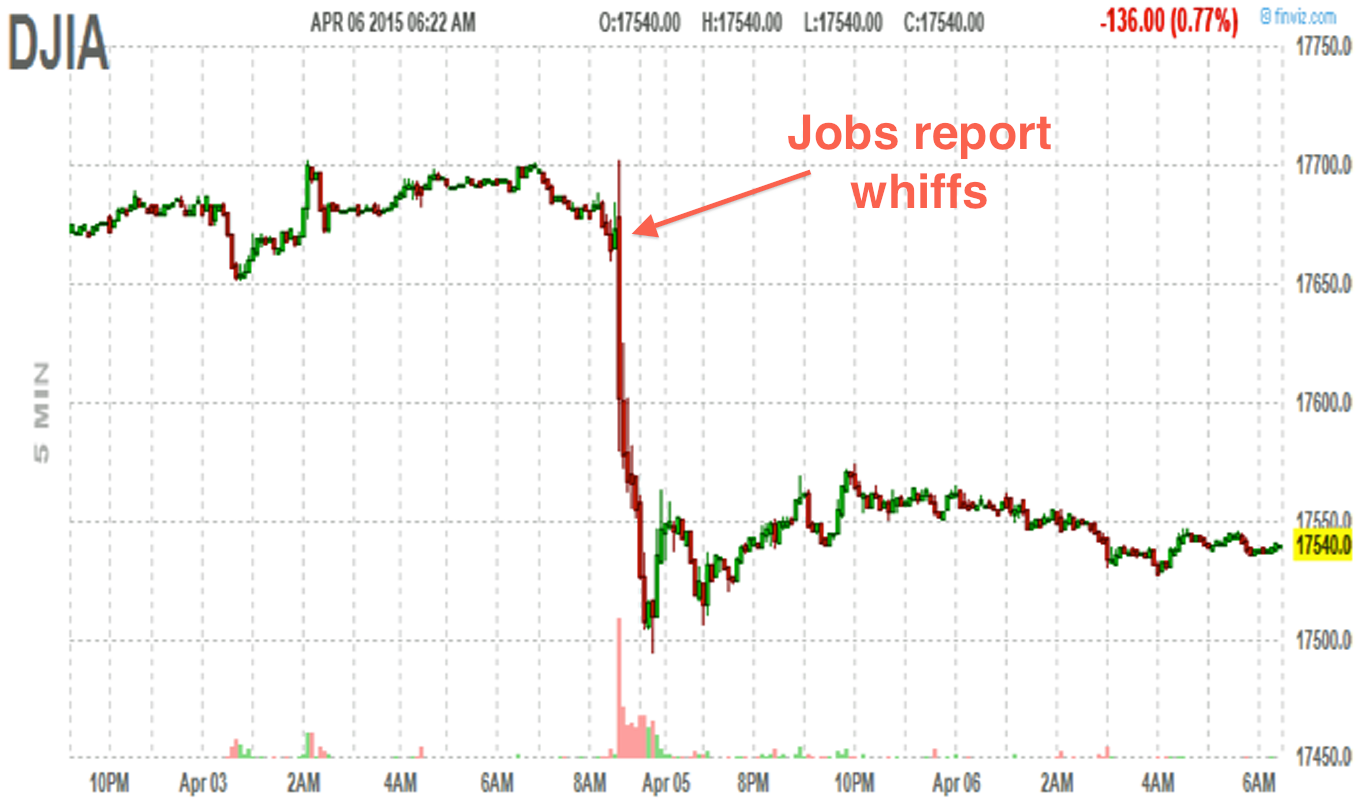The Trump Administration's Opposition To Europe's Proposed AI Rulebook

Table of Contents
Concerns Regarding Data Privacy and the GDPR's Influence
The Trump administration viewed the EU's General Data Protection Regulation (GDPR) as overly restrictive and a significant barrier to transatlantic data flows. This concern was central to their opposition to the EU AI Act, which, drawing heavily on the GDPR's principles, proposed a similarly stringent regulatory framework for artificial intelligence.
-
Excessive Compliance Costs: The administration argued that the proposed AI rulebook's extensive compliance requirements would impose excessive costs on US companies, hindering their ability to compete in the global AI market. This fear was particularly acute for smaller businesses and startups, potentially stifling innovation at its source. The sheer volume of paperwork, audits, and potential fines associated with non-compliance was seen as a significant deterrent.
-
Data Sovereignty and Cross-Border Data Flows: The GDPR's emphasis on data sovereignty, giving individuals greater control over their personal data, clashed with the US's more permissive approach to data transfer. The Trump administration worried that the AI Act would further restrict cross-border data flows, creating significant obstacles for US businesses operating in the EU and impacting international collaborations in AI research and development.
-
Differing Philosophies: The core disagreement lay in fundamentally different approaches to data privacy. The US favors a more market-based approach, prioritizing innovation and free data flow, while the EU prioritizes individual rights and robust data protection. This philosophical divide made finding common ground on AI regulation extremely challenging.
Differing Philosophies on Technological Regulation
The Trump administration championed a light-touch regulatory approach to AI, emphasizing innovation and free-market competition. This contrasted sharply with the EU's more interventionist approach, which aimed to mitigate potential risks associated with the development and deployment of AI systems.
-
Heavy-Handed Regulation vs. Innovation: The EU's proposed AI Act, with its risk-based classification system and stringent requirements for high-risk AI systems, was seen by the Trump administration as overly burdensome and potentially stifling to innovation. The US preferred a more hands-off approach, believing that market forces and self-regulation would ultimately drive responsible AI development.
-
Ethical Considerations vs. Technological Advancement: The EU's focus on ethical considerations and risk management in AI development contrasted with the US's stronger emphasis on fostering technological advancement and global competitiveness. This difference in priorities reflected divergent cultural and political values.
-
Impact on Specific AI Applications: The Trump administration's concerns extended to specific AI applications, particularly those reliant on large datasets and cross-border data transfers. Sectors like facial recognition and predictive policing were highlighted as potentially facing significant regulatory hurdles under the EU's proposed framework.
Impact on Transatlantic Cooperation in AI
The Trump administration's opposition to the EU's AI Act created significant challenges for transatlantic cooperation on setting global AI standards. This transatlantic regulatory divergence threatened to create a fragmented global regulatory landscape, with differing standards hindering interoperability and cross-border data flows.
-
Fragmented Global Regulatory Landscape: The lack of harmonized standards between the US and the EU could lead to a confusing and costly situation for multinational companies, potentially stifling international collaboration in AI research and development.
-
Strained Trade Relations: The regulatory differences also had the potential to exacerbate trade tensions between the US and EU, particularly regarding data-driven industries.
-
Future Collaboration: Despite the significant challenges posed by the Trump administration's stance, the potential for future collaboration remains. Finding a middle ground that balances innovation, ethical considerations, and data protection will be critical to fostering a collaborative international approach to AI governance.
Conclusion
The Trump administration's rejection of the EU's proposed AI rulebook stemmed from fundamental disagreements over data privacy, regulatory approaches, and the desired level of government intervention in the AI sector. These differences highlighted a broader transatlantic divide on the future of AI governance and its potential impact on technological innovation and international cooperation. The legacy of this opposition continues to impact the ongoing global conversation surrounding AI regulation.
Understanding the Trump administration's opposition to the EU AI Act is crucial for navigating the complexities of the evolving global AI regulatory landscape. Further research into the ongoing debate surrounding AI rulebooks and their implications for international cooperation is vital to shaping a future where AI benefits all of humanity. Continue exploring the intricacies of AI regulation and its global implications to better understand the current challenges and opportunities in this rapidly developing field.

Featured Posts
-
 First Round Nfl Draft Live From Green Bay
Apr 26, 2025
First Round Nfl Draft Live From Green Bay
Apr 26, 2025 -
 Analyzing The Shedeur Sanders New York Giants Fit
Apr 26, 2025
Analyzing The Shedeur Sanders New York Giants Fit
Apr 26, 2025 -
 Mission Impossible Dead Reckoning Part Two Cinema Con Standee Offers Glimpse At The Film
Apr 26, 2025
Mission Impossible Dead Reckoning Part Two Cinema Con Standee Offers Glimpse At The Film
Apr 26, 2025 -
 The Impact Of Tariffs On Big Tech Advertising Spending
Apr 26, 2025
The Impact Of Tariffs On Big Tech Advertising Spending
Apr 26, 2025 -
 Dow Futures Up Stock Market Outlook For Today And Week Ahead
Apr 26, 2025
Dow Futures Up Stock Market Outlook For Today And Week Ahead
Apr 26, 2025
